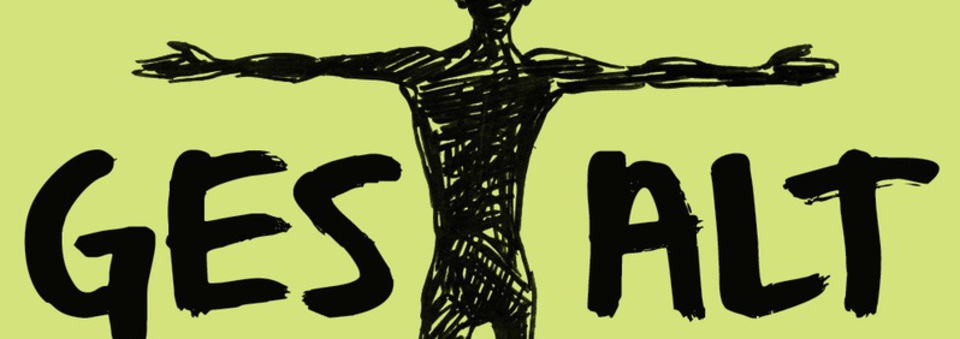Developmental Somatic Psychotherapy
Developmental Somatic Psychotherapy is a relational and movement-oriented approach to psychotherapy within a Gestalt therapy framework.
Inspired by the work of developmental psychologists and somatic practitioners, Developmental Somatic Psychotherapy is a template for understanding and working with early psychophysical blocks as they
emerge in the here-and-now of therapy. Attending to movement patterns is particularly powerful when guided by contemporary developmental theory.
Ongoing nonverbal interactions with our primary caregivers during the first year of life set a relational foundation that is apparent both in the everyday life of the adult and in psychotherapy.
Even though our adult postural attitudes, gestures gait and breathing patterns have changed over time, the foundations established in our first year remain readily observable and available.
Attending to these patterns within the psychotherapy session is specially powerful.
We will explore the intricate relational moves of embodied intersubjectivity that form a basis of communication, initially between parent and baby but then throughout life. The movement repertoire that develops in the first year of life is a language that conveys our most pressing desires, intentions and emotions. These expressive movements, acquired in the company of significant others, go on to become the tacit core of adult behaviour in everyday experience and, of course, in the psychotherapy relationship too. It is on the details of this somatic expression of affect and relational intent that we will focus during the sessions, developing our understanding of the meaning and emotional significance of these somatic communications and skills in applying those insights to the therapy work.
Somatic psychotherapy is the integration of somatic inquiry within the therapy session. Somatic psychotherapy emphasizes the process of dynamics within session as primary to the work of therapeutic discovery, while the process of content is of secondary importance. Using somatic techniques as the means for exploration, the client is able to experience where spontaneity, creativity and deliberateness flow throughout his or her body and where flow is suppressed or blocked. With the body as locus for intervention, somatic psychotherapy uncovers early material as it lives in this here-and-now. Developmental Somatic Psychotherapy is an expansion of gestalt therapy — a novel approach within its theory and practice — attending to movement processes.
It offers a framework for understanding clients’ preverbal experiences that are often overlooked or misunderstood and left unattended. Thus, existential issues with roots in early life surface with great immediacy. These issues would not emerge as easily, if at all, in other psychotherapies. Fleshing out the greater background from which present behaviors arise deepens the developing narrative within each session, as well as throughout the course of therapy.






